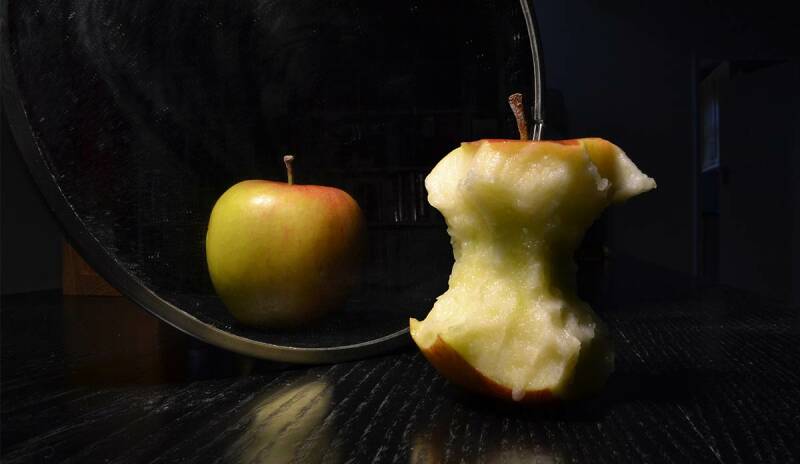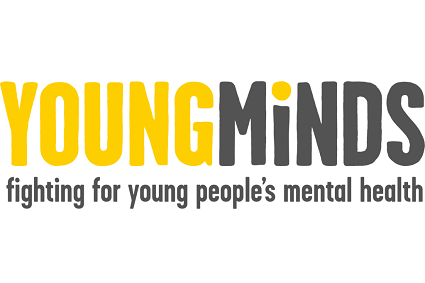

Nandyala (2018)
Cystic Fibrosis (2021)
Body Image
What Body image problems may occur when relating to children and how the internet has impacted this?
when relating to body image Heger(2020) refers to the fact that it is your perspectives of how you feel about your body's appearance and how it may compare to your social standards. Research suggests that a negative body image can lead to you experiencing unhealthy behaviours which could lead to health problems occurring such as ; eating disorders, obesity, anorexia, bulimia and could lead to further health conditions(Heger, 2020). Research shows that when a survey was conducted by Mental Health Foundation(2021) , demonstrated that 40% of young people stated that their image on social media made them worry about their body image. The survey shows that 26% of boys and 54% of girls stated that they worried about their body image when posting on social media websites. Mentally Healthy Schools (2021) states that young people tend to compare themselves to celebrities, bloggers and other people that inspire them , this could lead to them filtering themselves to make themselves become comfortable within their body as know as ' body ideals' that are promoted online. Heger (2020) states that young people feel like they need to ' idealize' people and compare themselves to others body image weather its your not thin enough of fit, it has an overall negative affect on how they approach their image.

Facts
Frith (2017) states that research has demonstrated that it can be very easy to access pro-suicidal information online. Fact show:
- 11% of 11-16 year olds have seen websites where people discuss ways that they can cause harm to themselves.
- 6% have seen suicidal websites.
- 13% of people between the ages 11-16 years old have witnessed sites that promote eating disorders, rising to 16% for those aged between 13-14 years old.
Safe Teens.org (2021)
Different Types of Illnesses relating to Body Image
Obesity
NHS (2021) refers to the fact that obesity is defined as when somebody is overweight and has a little extra fat than others. Research shows that 1 in every 4 adults suffer with obesity and it can become a massive impact within their lives.
Anorexia
Rethink Mental Illnesses ( 2021), refers to the fact that Anorexia is when somebody goes off their foods because they believe they are fat/ not skinny enough to make themselves loose weight.
Eating Disorders
Rethink Mental Illnesses (2021) states that an eating disorder is a mental illness. when you have an eating disorder you will use food to try to manage your feelings. This could lead to you either eating too much food or too little food to help manage what you are feeling.
Bulimia
LEXICO (2021) refers to the fact that bulimia is an emotional disorder characterized by a distorted body image and an obsessive desire to lose weight, in which bouts of extreme overeating are followed by fasting or self-induced vomiting or purging.
why is Body Image becoming more a problem?
The Mix (2021) refers to the fact that body image has became more of a problem due to social media recourses such as Instagram, snapchat and twitter. Research has demonstrated that people are constantly comparing themselves to ideals' on social media accounts and filtering themselves to make themselves feel more comfortable in posting the images. The dangers of this is that people accessing the internet have constant reminders of what the perfect person looks like and can lead themselves feeling negative about their own appearance and want to change in some sort of way weather its changing your hair, packing your face full of makeup, new clothes or making yourself look differently weather its looking weight or gaining weight.
How does body image impact human development?
When individuals dislike their body image research has demonstrated that it can have many affects on a person's human development. Christian Today (2018) states that Young people are left feeling 'deeply unhappy' by social media pressure for the perfect perfect body. According to research by the YMCA, more than a third of 11 to 16-year-olds said they were willing to do 'whatever it takes to look good'. Research has demonstrated that a third of teenage girls have stated that they will do whatever it takes to feel confidant within their body, weather that's eating less, new clothes, applying makeup or trying to fit into clothes that are not your right size in the hope to make yourself look skinnier(Christian Today, 2018). Some other affects that body image can have on an individuals development can include them having a health condition including either; eating disorders, anorexia, obesity or bulimia. Research has demonstrated that these health conditions can lead to further health problems including anxiety and depression.
Theory
Cooley's Looking Glass Self Theory
Khanacademymedicine (2015) refers to the fact that Cooley's looking glass self theory is a theory that highlights how we view ourselves and how we are being perceived at by others. Cooley's theory has three steps, these include; step 1- how we appear to others, step 2- evaluating what others must think of you, and step 3- then we revise how we think about ourselves. Research has demonstrated that Cooley's theory shows that were not being influenced by the opinions of others instead we are being influenced by what we imagine the opinions of others might be. Overall his theory demonstrates that people may develop their identity by either correct or incorrect perceptions on how others see us. An example of Cooley's theory when relating to body image could involve you being in a classroom and a group of friends are pointing at your new coat saying how much they like it and wish they could afford one , however because you cant hear them you believe that they are saying that the coat doesn't look good on you. when relating Cooley's theory and how the media has impacted upon the way people perceived themselves research has demonstrate from (Jones, 2015) that judgements of others are clearly posted on social media sites such as twitter, Instagram and Facebook. This could lead to somebody's self image being affected either positively or negatively, which may lead to health problems occurring such as anxiety, depression or eating disorders.
Clips and Images that reflect Body Image and what Teenagers Experience


Beresin (2021)
Allure (2018)
Angers (2020)
Advice/ Services




Eastplace (2018) NSPCC(2021)
NHS (2021)
Lantern (2020)
Create Your Own Website With Webador